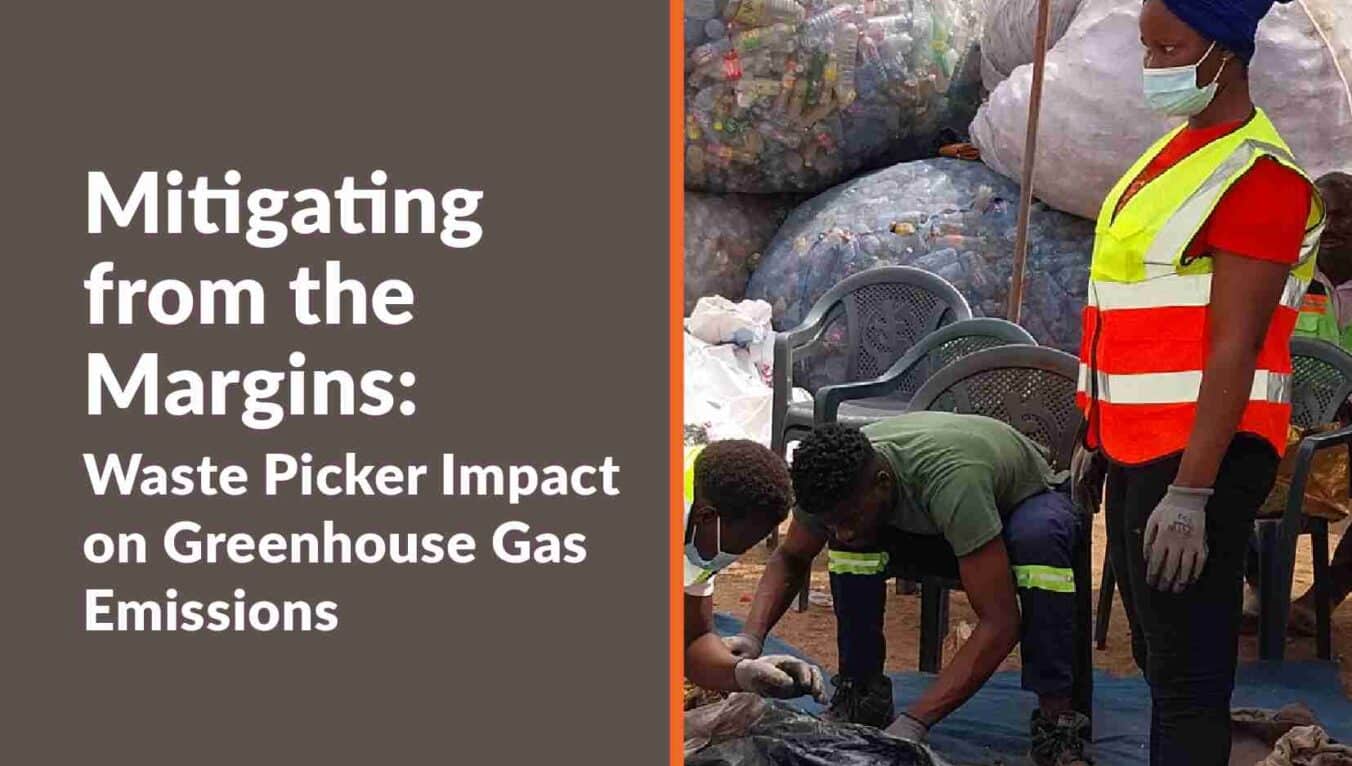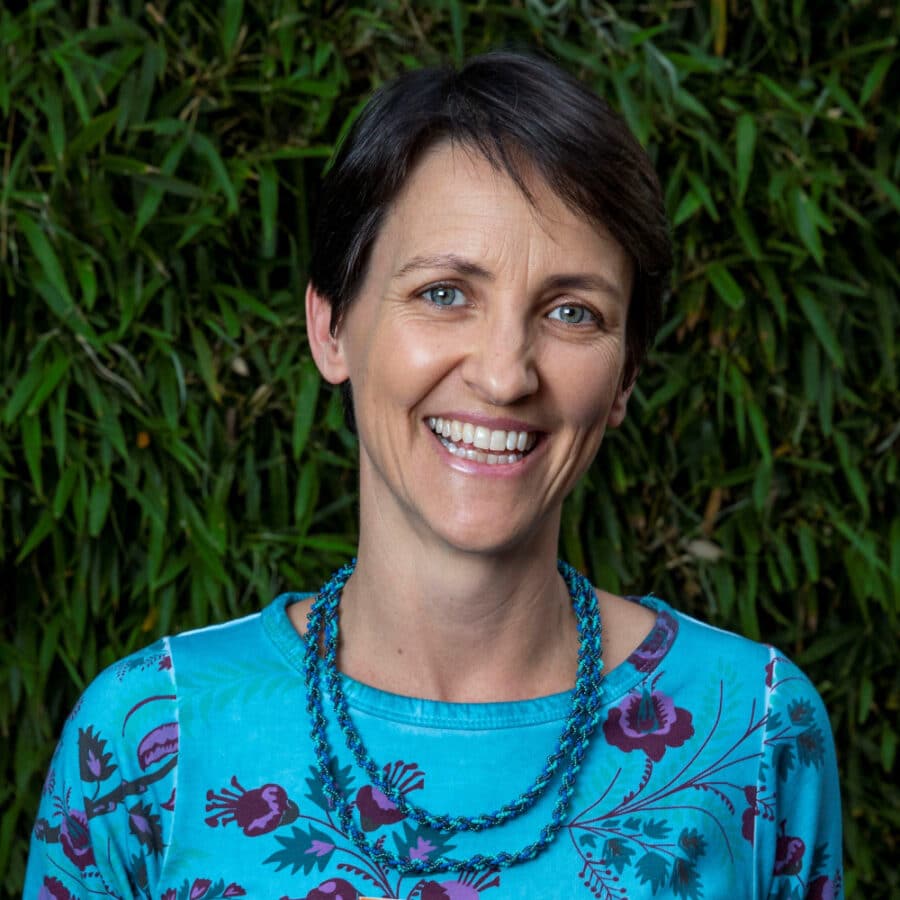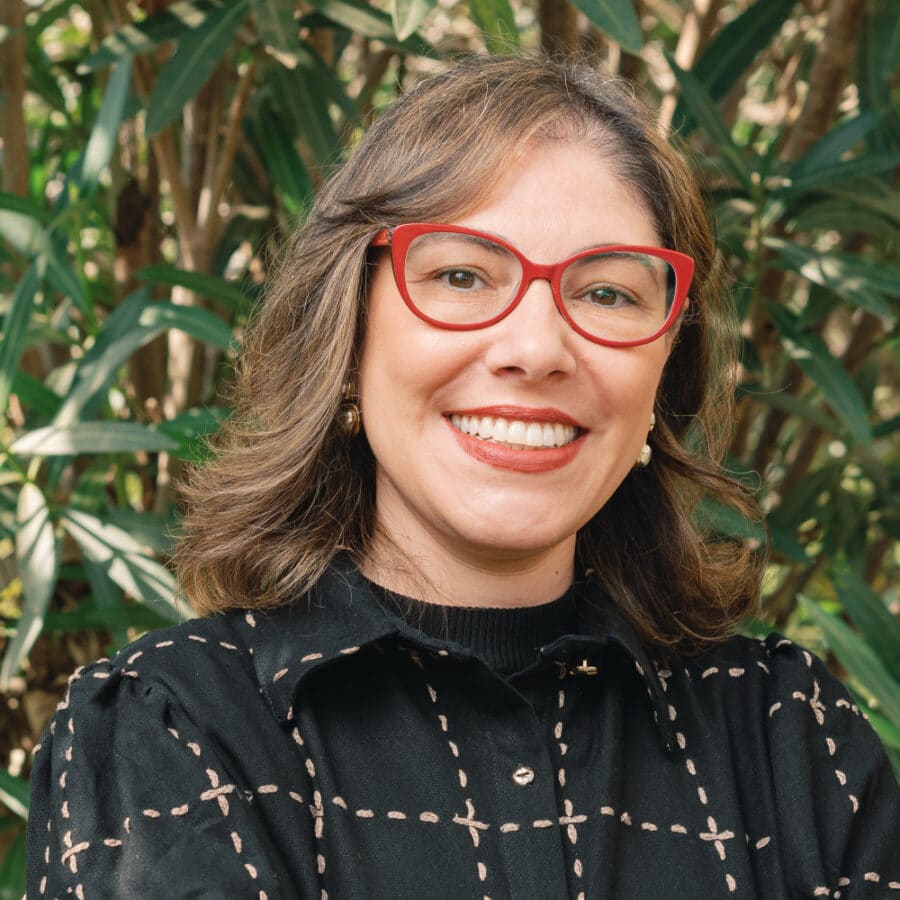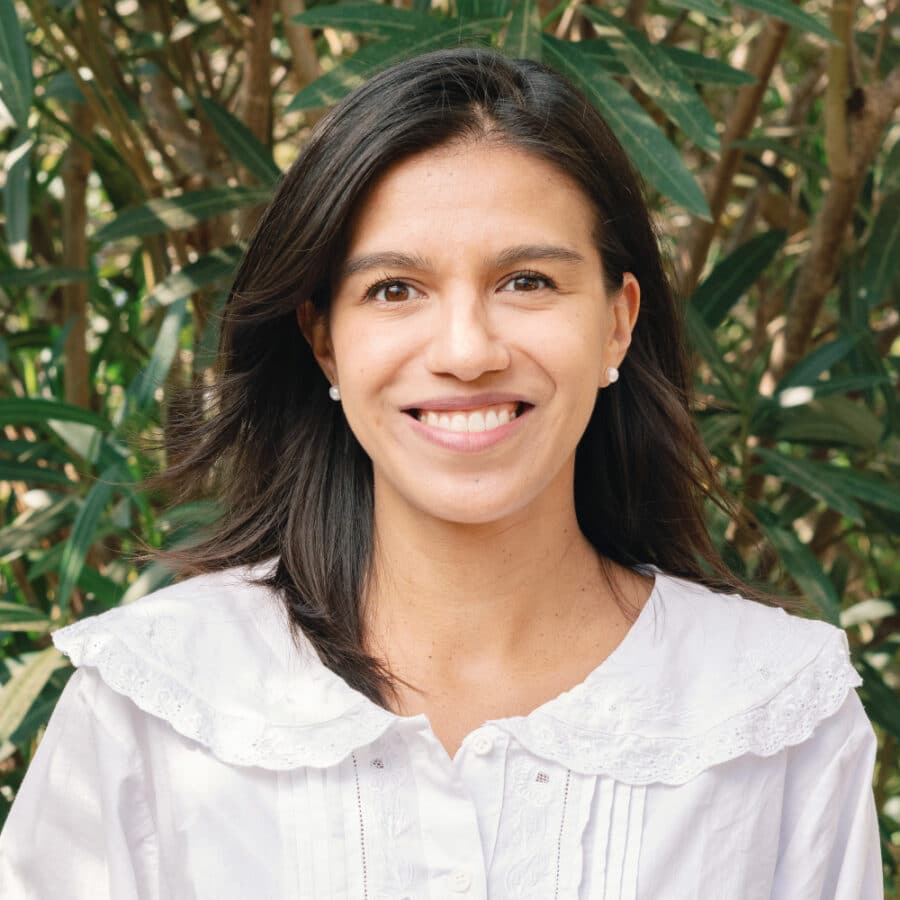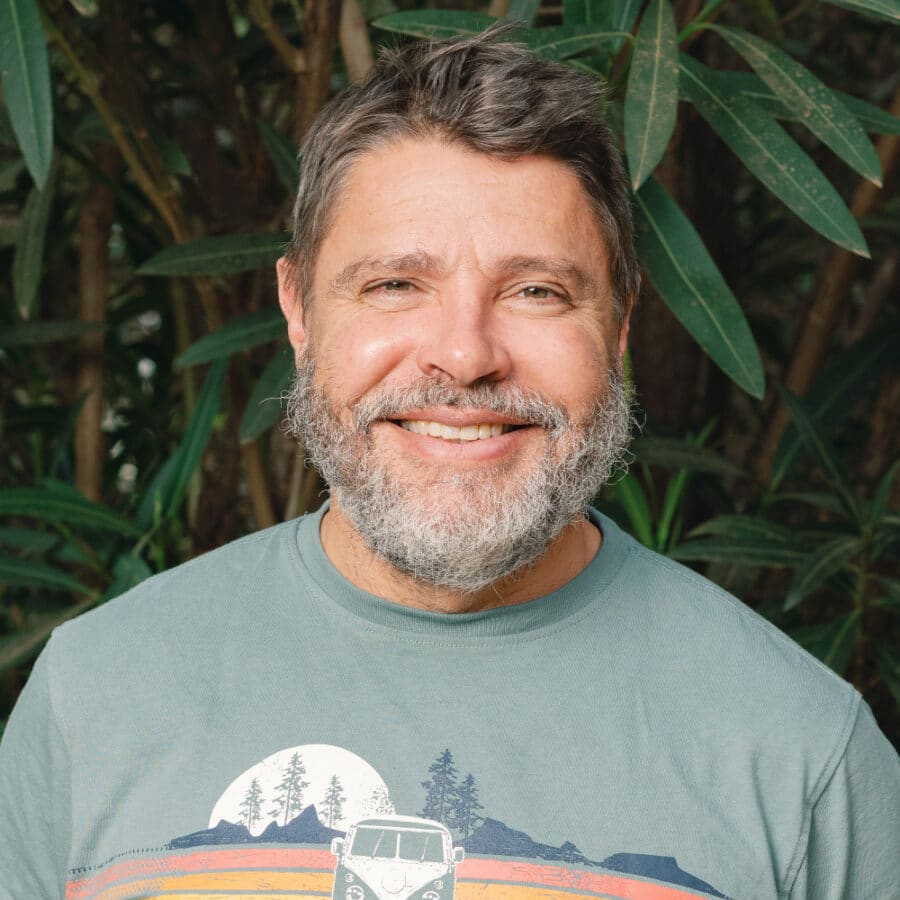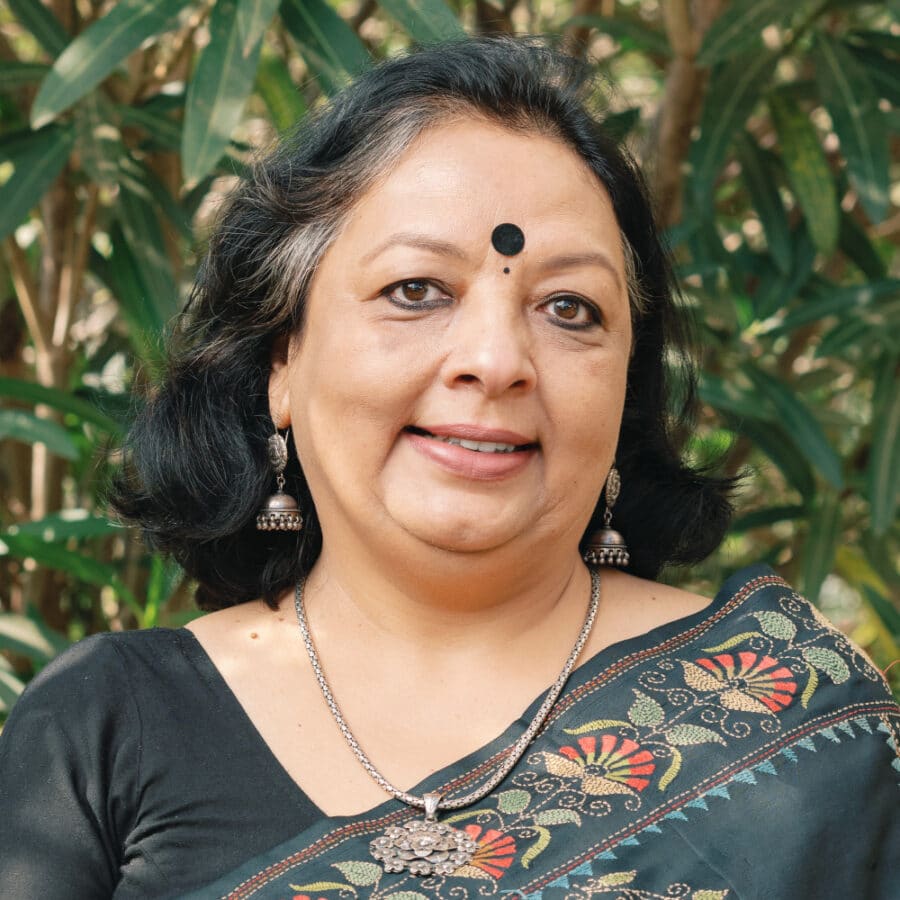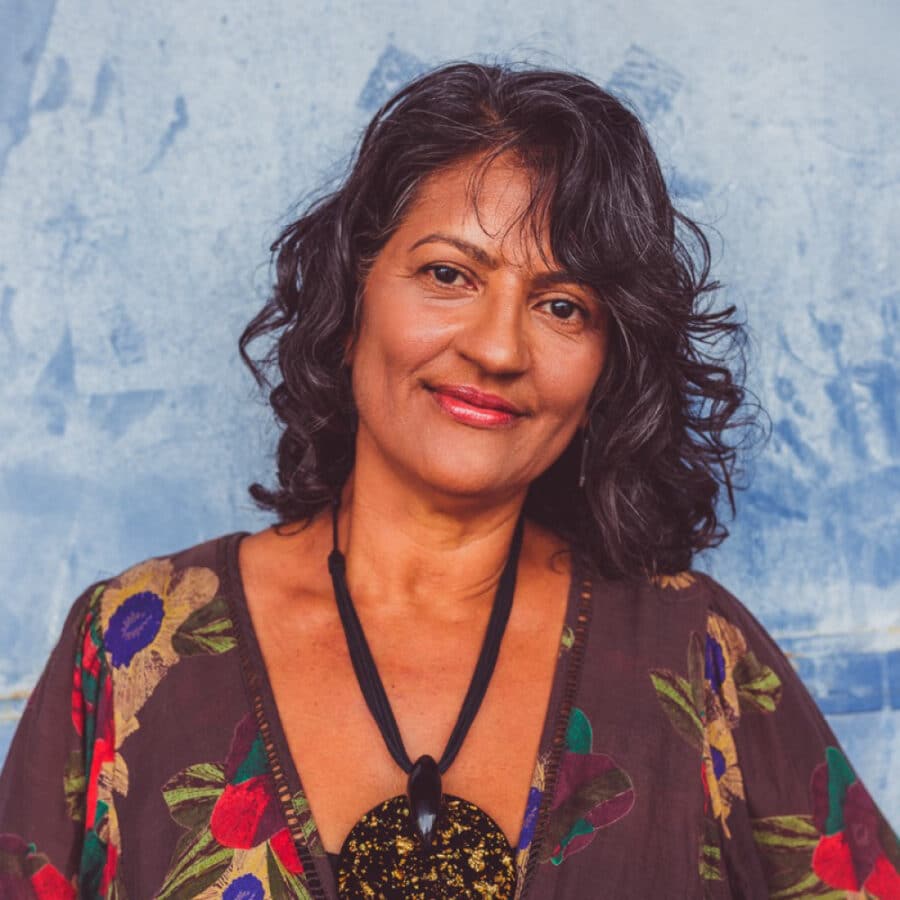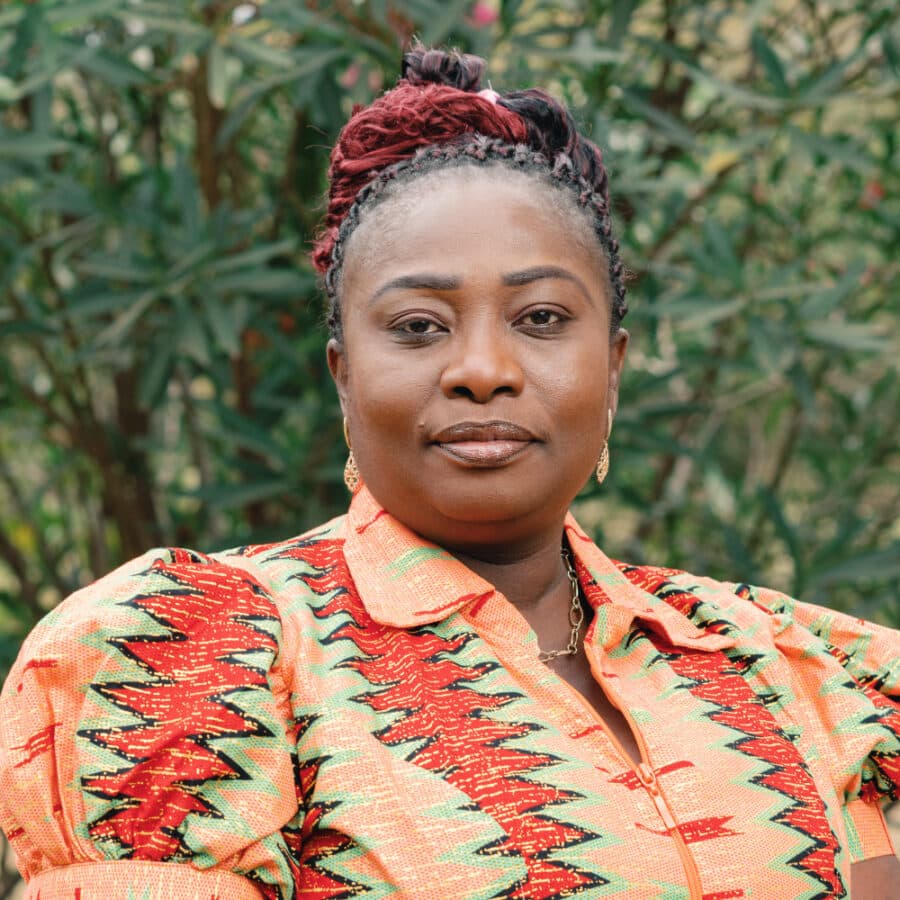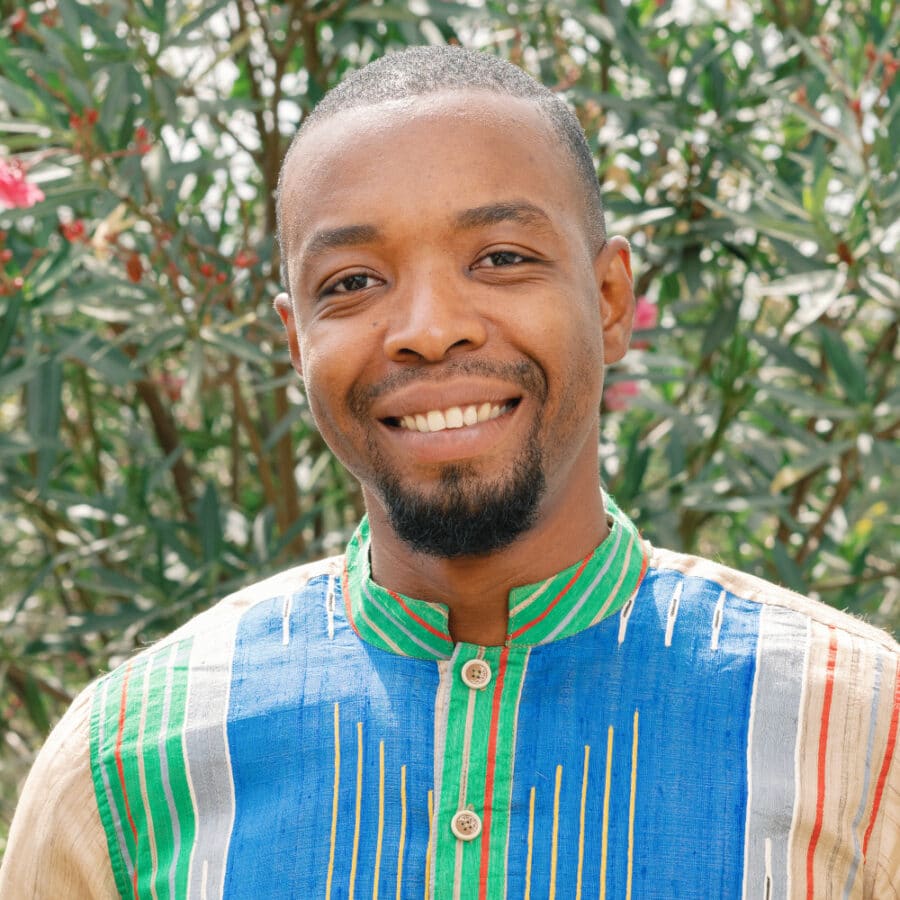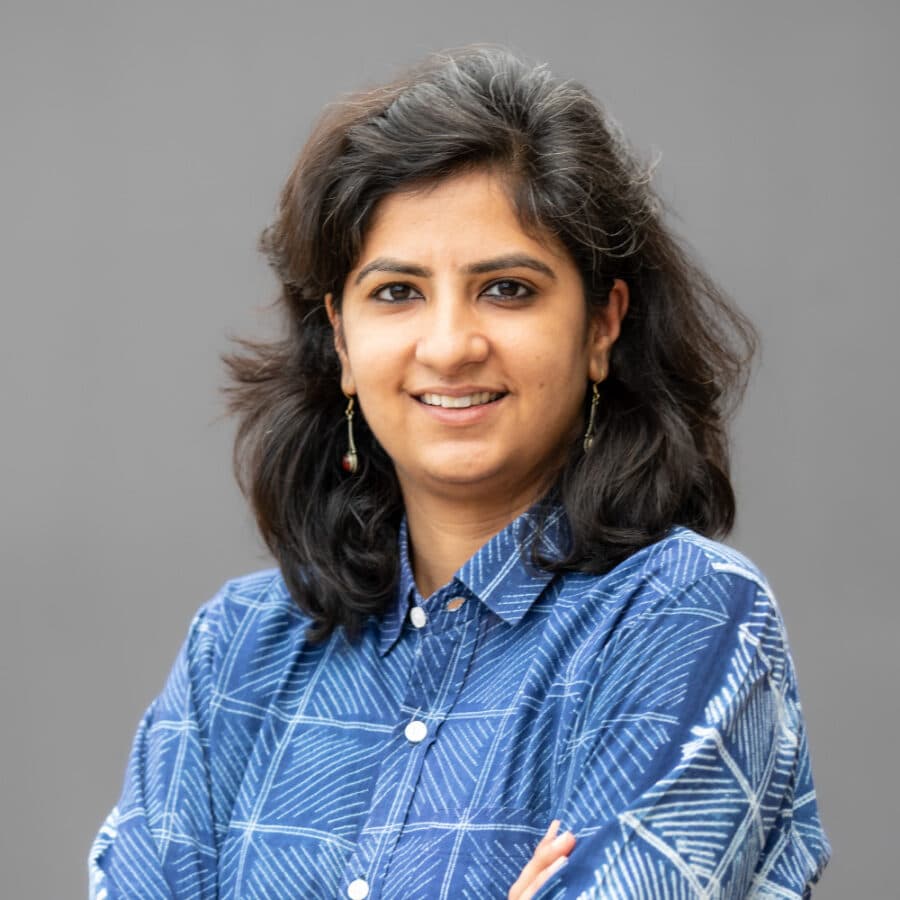Intro to the ProgrammeIn cities across the Global South, most people make their livelihoods in the informal economy. Despite these workers’ contributions providing essential goods and services, they are largely excluded from urban policies, planning and design.
WIEGO’s Urban Policies Programme strives to transform urban systems so workers in informal employment have higher and more stable incomes, secure places to work and live, and the capacity to negotiate sustainable gains in urban policies and practices. To achieve this, we provide research, policy and conceptual insights, guidelines and participation opportunities for membership organizations, policymakers, urban practitioners and scholars.
